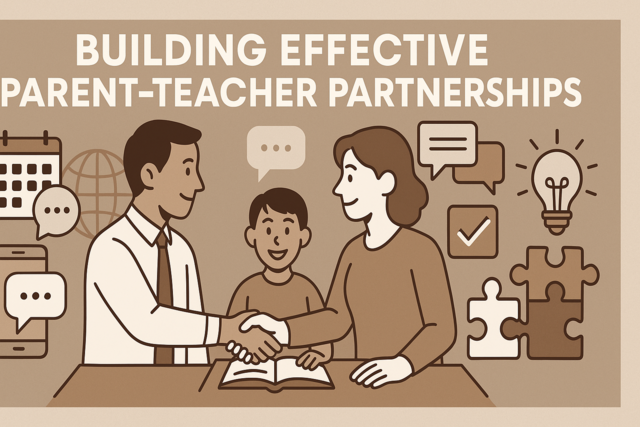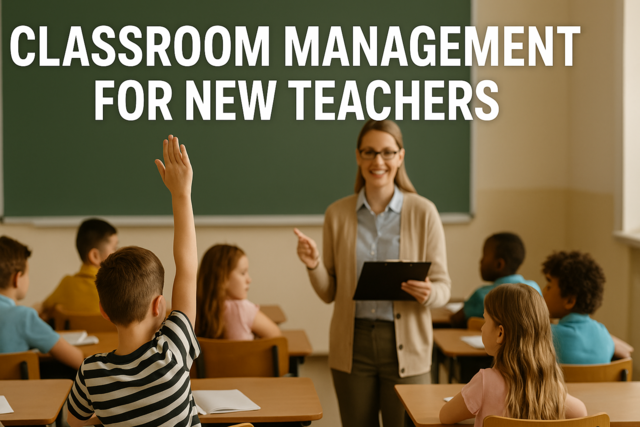Online Class: Gamification in Education

no certificate
with CEU Certificate*
-
15Lessons
-
22Exams &
Assignments -
4Hours
average time -
0.4CEUs
Course Description
Close your eyes for a moment and envision a classroom where the energy is palpable, where curiosity dances eagerly in the eyes of every student. Picture a place where learning transcends traditional boundaries, transforming from a mundane task into an exhilarating adventure. Welcome to "Gamification in Education," a course designed to revolutionize the way you approach teaching. It's more than a course; it's a visionary pathway that not only enriches your teaching repertoire but also ignites the minds of your pupils, making you an indispensable architect of tomorrow's education.
In today's rapidly changing educational landscape, standing still is akin to moving backward. As educators, we bear the responsibility not just to inform, but to inspire. What could be more inspiring than turning the game console of life into a classroom tool, sparking engagement and fostering a love for learning? This course recognizes that the world of gaming is not merely a source of entertainment but a powerful educational ally. Imagine using the same principles that enthuse gamers to captivate your students' attention and motivate them to reach for the stars.
As you embark on this transforming journey, prepare to delve into the art of gamification--a masterful blend of psychology, technology, and pedagogy. You'll learn how to seamlessly integrate game mechanics into your lessons. Points, levels, and challenges won't merely be gimmicks but powerful tools that breathe life into lessons, converting them from static information to dynamic exploration. Picture this: a classroom that mirrors an epic quest, where each lesson is a new level and every achievement is celebrated. Students become eager participants, driven by curiosity and empowered by instant feedback--it's not just education; it's an expedition in learning.
Beyond the mechanics, this course is your gateway to understanding the profound psychology driving gamification. Uncover the secrets of why games are so compelling and how you can harness these dynamics to create a classroom atmosphere that values autonomy, competence, and relatedness. Learn to inspire intrinsically motivated learners--students who thrive not because they seek reward, but because they find joy in the pursuit of knowledge itself. You'll master the delicate balance between intrinsic and extrinsic motivation, leveraging each to craft an engaging and inclusive learning journey tailored to any student's cultural backdrop.
Doesn't the idea of transforming your students into resilient, lifelong learners excite you? This course does not merely equip you with tools; it transforms your approach, empowering you with the insights to cultivate a growth mindset and resilience among your students. Dive into the world of tech advancements--immerse yourself in cutting-edge virtual and augmented realities and witness firsthand how these can elevate learning experiences, turning abstract concepts into tangible, interactive journeys. Your classroom, once defined by its physical limitations, morphs into a boundless arena of discovery.
This is your opportunity to join forces with a community of like-minded educators. As you progress through this learning adventure, you won't be alone. You'll be part of a supportive network of educators all committed to breaking free from convention, united in the quest for transforming education for the better. Together, you'll navigate the nuances of accessibility, privacy, and effective implementation strategies.
By choosing this course, you're not simply opting for another educational tool; you're stepping into a vibrant future, armed with strategies and practices that set you apart. You'll finish this course not just with a renewed sense of purpose, but with a transformative approach that will redefine your teaching impact for generations.
Are you ready to make this leap? To transform from educator to innovator? Join us in "Gamification in Education," where we don't just promise to enlighten; we promise to revolutionize your teaching journey. This is not just a course; it's your future reimagined. Together, let's create classrooms where learning is the ultimate game, and every student emerges a champion.
- Completely Online
- Self-Paced
- 6 Months to Complete
- 24/7 Availability
- Start Anytime
- PC & Mac Compatible
- Android & iOS Friendly
- Accredited CEUs

Course Lessons
Lesson 1. Engage, Achieve, Inspire: The Power of Gamification in Learning
Balancing gamification with educational integrity involves meticulously aligning game mechanics with learning objectives, ensuring both inclusivity and meaningful pedagogy. Overcoming challenges such as accessibility, privacy concerns, and effective teacher training is crucial for maintaining the ethical and practical implementation of gamification.Lesson 2. Rewards in Learning: Balancing Intrinsic and Extrinsic Motivation
Culturally responsive teaching acknowledges students' diverse backgrounds, creating an inclusive learning environment where every identity is valued. By tailoring instruction to students' cultural contexts, educators can foster a supportive, dynamic classroom enriched by diversity.Lesson 3. Points, Levels, Challenges, and Rewards in Education
The integration of game mechanics like points, levels, and rewards can transform education into an engaging and dynamic process by motivating students through tangible progress tracking and immediate feedback. This approach fosters a learning environment where students actively engage and internalize knowledge, preparing them for real-world problem-solving.Lesson 4. From Autonomy to Achievement: The Psychology Behind Gamified Learning
The psychology of gamification transforms education by leveraging intrinsic motivation, allowing students to learn out of interest rather than obligation. Key aspects include self-determination theory's principles—autonomy, competence, and relatedness—to cultivate deep engagement.Lesson 5. Integrating Motivation into Education
The lesson illustrates how embracing collaboration and peer support enhances language acquisition for ELLs, recognizing diverse learning styles and fostering community within classrooms. Through differentiated tasks and digital tools, students gain confidence and contribute meaningfully to their learning journeys.Lesson 6. From Chalkboards to Leaderboards: Reimagining Education with Gamification
Gamification transforms education by integrating game mechanics into learning, boosting engagement and retention. Through tools like badges and leaderboards, students experience learning as a rewarding journey, enhancing participation and academic performance.Lesson 7. From Competition to Curiosity: Crafting Engaging Educational Journeys
Adapted assessments that employ technology and interactive formats can address the linguistic challenges faced by ELLs, ensuring fair evaluation of their knowledge. By utilizing tools like digital quizzes and online discussion forums, teachers can create dynamic, accessible learning environments that celebrate diverse student abilities and enhance comprehension.Lesson 8. Educational Transformation: The Power and Promise of Gamified Learning
Emerging technologies like VR and AR are expanding the horizons for gamified education, offering immersive learning opportunities that enhance traditional teaching methods. These innovations promise to bring dynamic, real-world experiences into the classroom, enriching educational landscapes and outcomes.Lesson 9. Unleashing Learner Motivation Through Rewards
Engaging students through the design of thoughtful reward systems aligns with gamification strategies that catalyze both competition and collaboration. By balancing external incentives with personal insights, educators transform educational challenges into explorative quests that cultivate growth and resilience.Lesson 10. Empowering Students Through Immersive RPGs
RPGs offer a transformative educational approach, merging storytelling with experiential learning to teach complex subjects in a memorable way. This method encourages engagement, critical thinking, and socio-emotional development, preparing students for real-world challenges.Lesson 11. Teaching with Points, Badges, and Leaderboards: A Modern Classroom Strategy
Long-term objectives gain clarity through gamified narratives connecting educational modules, fostering a comprehensive understanding of subjects. Advanced technology integrates data analytics to assess student performance, tailoring learning experiences for personal development and targeted assistance.Lesson 12. Gamification in Education
Educational gamification harnesses game design to boost engagement but faces challenges in ensuring data privacy, as it weaves a tapestry of student data used for customized learning. Trust hinges on robust privacy practices, adhering to regulations like GDPR and CCPA, ensuring transparent data usage.Lesson 13. Immediate Feedback: The Backbone of Gamification
Adopting gamified educational methods, such as interactive storytelling and customized gameplay, fosters student motivation and engagement through enjoyable and personalized experiences. By combining rewards, feedback, and clear objectives, learning becomes both pleasurable and strategically effective.Lesson 14. Crafting the Sweet Spot: Flow Theory’s Role in Educational Success
Flow theory, developed by Mihaly Csikszentmihalyi, is pivotal in game design for education, fostering deep engagement by balancing skill level and challenge. By adapting tasks to maintain the 'flow state,' educational games promote learning and skill acquisition through immersive and flexible experiences.Lesson 15. Innovations in Education: From AI to Mixed Realities
Blockchain technology ensures secure storage and transfer of digital academic credentials, promoting lifelong learning across various platforms. IoT enhances the classroom experience through real-time feedback and interactions, adjusting educational content based on student interactions.
Learning Outcomes
- Identify and compare major Second Language Acquisition theories, applying them to develop effective strategies for English Language Learning.
- Recognize and describe the key components of gamification in education and their impact on student engagement and learning outcomes.
- Define and differentiate between intrinsic and extrinsic motivation in educational settings by highlighting their roles in student engagement and learning enhancement.
- Design a gamified learning activity that effectively combines intrinsic and extrinsic rewards to maximize student motivation and engagement.
- Analyze the balance between challenge and skill using Csikszentmihalyi’s concept of 'flow' and Vygotsky's zone of proximal development to optimize educational game design for sustained student involvement.
- Define the key components of game mechanics and demonstrate how they can be integrated to enhance student engagement and motivation in educational settings.
- Demonstrate an understanding of how intrinsic and extrinsic motivations are balanced in gamification to achieve long-term educational impact.
- Identify the three core principles of Self-Determination Theory (SDT) and describe their role in enhancing engagement in gamified educational settings.
- Demonstrate understanding of gamification principles by designing a sample lesson plan that incorporates game elements to improve learning outcomes for diverse learners.
- Recognize the interplay between intrinsic and extrinsic motivations and apply strategies to harness both in educational settings to enhance student engagement.
- Identify and demonstrate the functionalities of different gamification tools, such as badges and leaderboards, to create an interactive learning environment.
- Recognize and explain how gamification tools enhance student engagement and motivation in an educational context.
- Identify the role of feedback loops in maintaining student engagement by explaining their impact on addressing knowledge gaps and advancing student progression.
- Demonstrate mastery of lesson content at levels of 70% or higher.
Additional Course Information

- Document Your Lifelong Learning Achievements
- Earn an Official Certificate Documenting Course Hours and CEUs
- Verify Your Certificate with a Unique Serial Number Online
- View and Share Your Certificate Online or Download/Print as PDF
- Display Your Certificate on Your Resume and Promote Your Achievements Using Social Media

Choose Your Subscription Plan
No Certificate / No CEUs
This course only
| Includes certificate | X |
| Includes CEUs | X |
| Self-paced |

|
| Instructor support |

|
| Time to complete | 6 months |
| No. of courses | 1 course |
Certificate & CEUs
This course only
| Includes certificate |

|
| Includes CEUs |

|
| Self-paced |

|
| Instructor support |

|
| Time to complete | 6 months |
| No. of courses | 1 course |
Certificates & CEUs
Includes all 600+ courses
| Includes certificate |

|
| Includes CEUs |

|
| Self-paced |

|
| Instructor support |

|
| Time to complete | 12 Months |
| No. of courses | 600+ |
Certificates & CEUs
Includes all 600+ courses
| Includes certificate |

|
| Includes CEUs |

|
| Self-paced |

|
| Instructor support |

|
| Time to complete | 24 Months |
| No. of courses | 600+ |
Related Courses
-
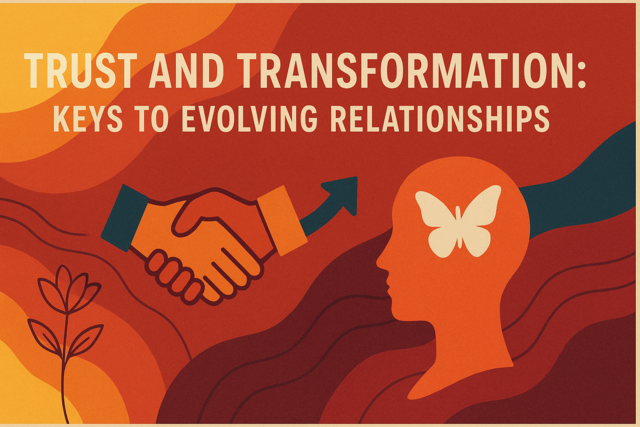 4 hours
0.4 CEUs
Trust and Transformation: Keys to Evolving Relationships
+ More Info
4 hours
0.4 CEUs
Trust and Transformation: Keys to Evolving Relationships
+ More Info
-
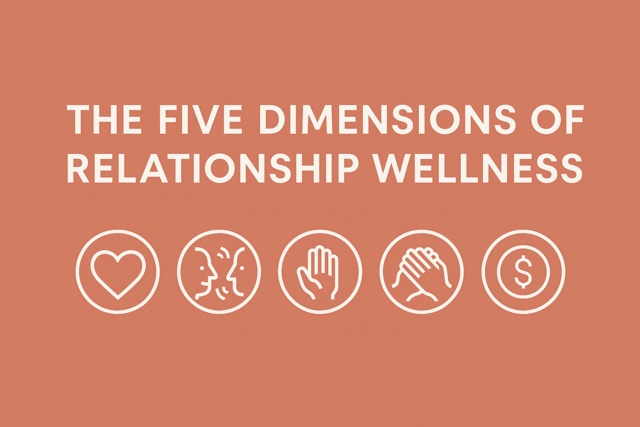 7 hours
0.7 CEUs
The Five Dimensions of Relationship Wellness
+ More Info
7 hours
0.7 CEUs
The Five Dimensions of Relationship Wellness
+ More Info
-
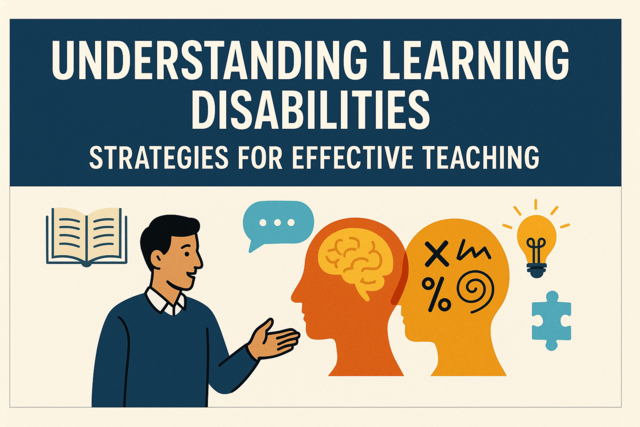 7 hours
0.7 CEUs
Understanding Learning Disabilities: Strategies for Effective Teaching
+ More Info
7 hours
0.7 CEUs
Understanding Learning Disabilities: Strategies for Effective Teaching
+ More Info
-
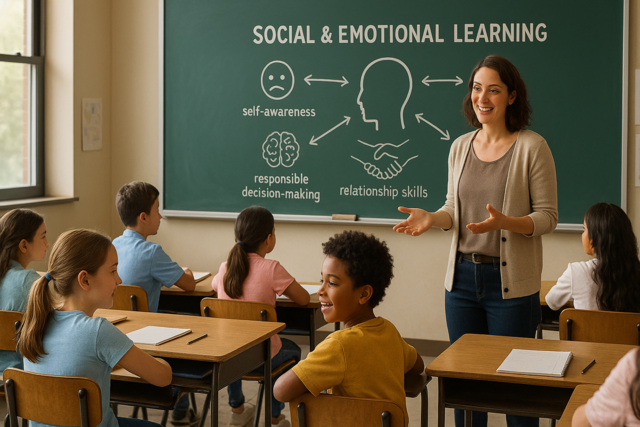 6 hours
0.6 CEUs
Social and Emotional Learning: Programs and Practices
+ More Info
6 hours
0.6 CEUs
Social and Emotional Learning: Programs and Practices
+ More Info
-
 7 hours
0.7 CEUs
Digital Friendships: Navigating Virtual Connections
+ More Info
7 hours
0.7 CEUs
Digital Friendships: Navigating Virtual Connections
+ More Info
-
 5 hours
0.5 CEUs
Intuitive Arts: Beyond the Five Senses
+ More Info
5 hours
0.5 CEUs
Intuitive Arts: Beyond the Five Senses
+ More Info
-
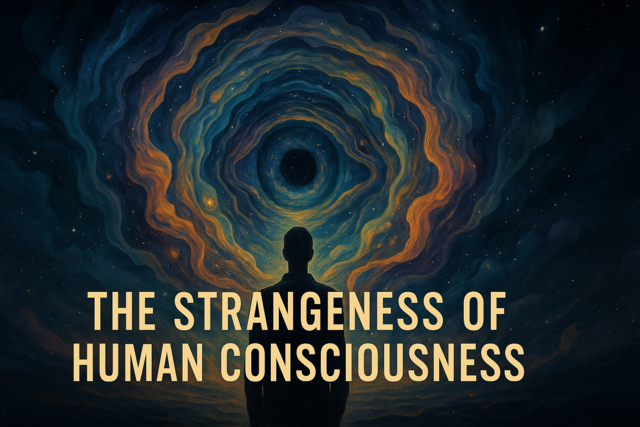 5 hours
0.5 CEUs
The Strangeness of Human Consciousness
+ More Info
5 hours
0.5 CEUs
The Strangeness of Human Consciousness
+ More Info
-
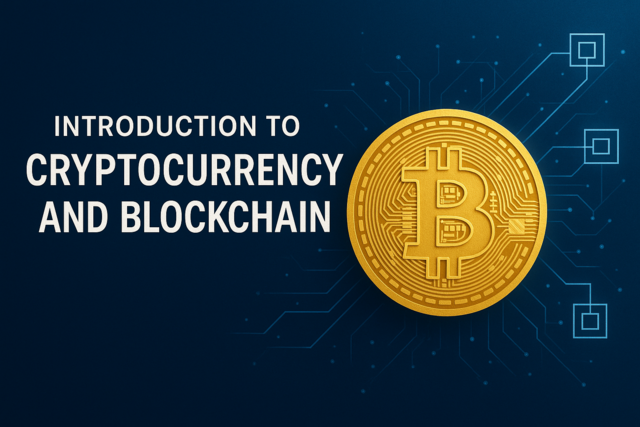 7 hours
0.7 CEUs
Introduction to Cryptocurrency and Blockchain
+ More Info
7 hours
0.7 CEUs
Introduction to Cryptocurrency and Blockchain
+ More Info
-
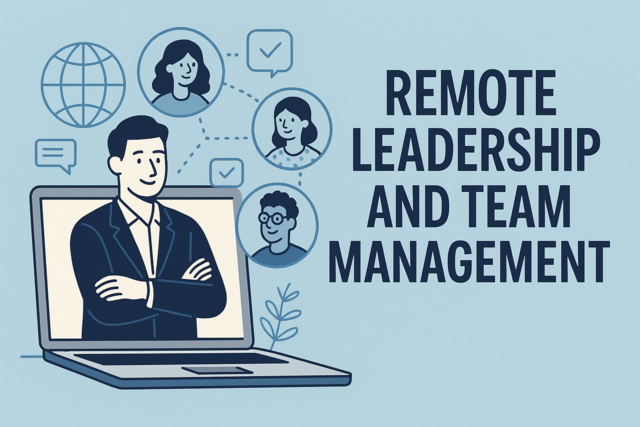 6 hours
0.6 CEUs
Remote Leadership and Team Management
+ More Info
6 hours
0.6 CEUs
Remote Leadership and Team Management
+ More Info
-
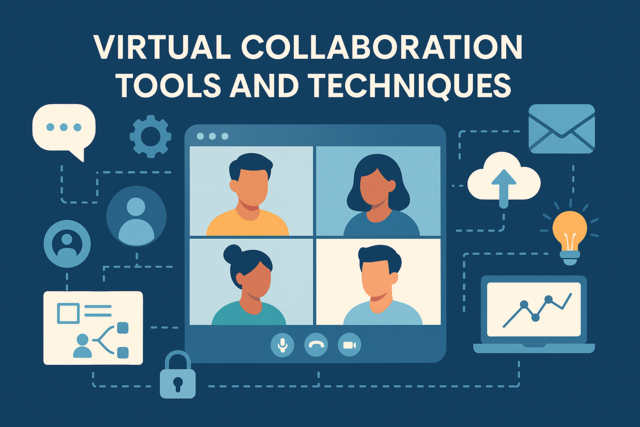 5 hours
0.5 CEUs
Virtual Collaboration Tools and Techniques
+ More Info
5 hours
0.5 CEUs
Virtual Collaboration Tools and Techniques
+ More Info
-
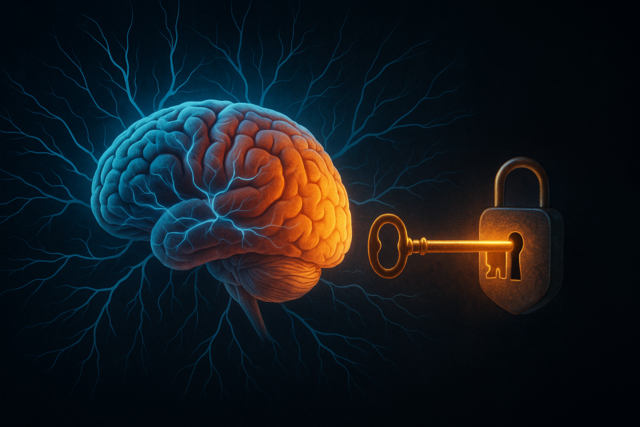 6 hours
0.6 CEUs
Neuroscience of Trauma: How the Brain Processes and Heals from Trauma
+ More Info
6 hours
0.6 CEUs
Neuroscience of Trauma: How the Brain Processes and Heals from Trauma
+ More Info
-
 7 hours
0.7 CEUs
Enhancing Empathy and Compassion
+ More Info
7 hours
0.7 CEUs
Enhancing Empathy and Compassion
+ More Info
-
 5 hours
0.5 CEUs
Emotional Intelligence in the Workplace
+ More Info
5 hours
0.5 CEUs
Emotional Intelligence in the Workplace
+ More Info
-
 4 hours
0.4 CEUs
Preparing for a Career Change
+ More Info
4 hours
0.4 CEUs
Preparing for a Career Change
+ More Info
-
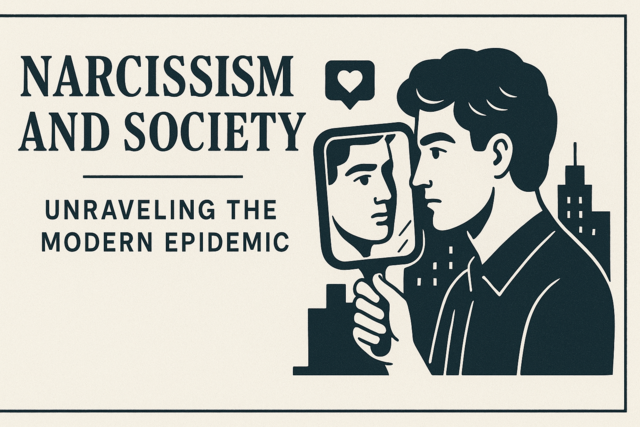 6 hours
0.6 CEUs
Narcissism and Society: Unraveling the Modern Epidemic
+ More Info
6 hours
0.6 CEUs
Narcissism and Society: Unraveling the Modern Epidemic
+ More Info
-
 5 hours
0.5 CEUs
Developing a Growth Mindset
+ More Info
5 hours
0.5 CEUs
Developing a Growth Mindset
+ More Info
-
 6 hours
0.6 CEUs
Introduction to Graphic Design Tools
+ More Info
6 hours
0.6 CEUs
Introduction to Graphic Design Tools
+ More Info
-
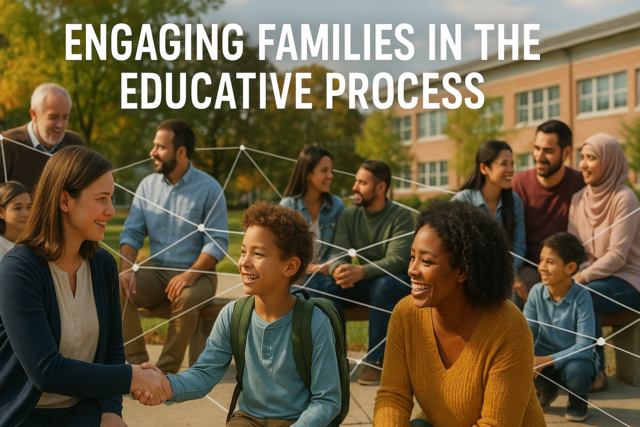 5 hours
0.5 CEUs
Engaging Families in the Educative Process
+ More Info
5 hours
0.5 CEUs
Engaging Families in the Educative Process
+ More Info
-
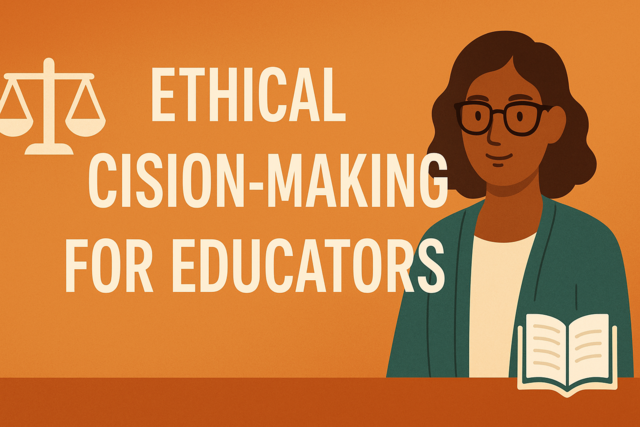 7 hours
0.7 CEUs
Ethical Decision-Making for Educators
+ More Info
7 hours
0.7 CEUs
Ethical Decision-Making for Educators
+ More Info
-
 3 hours
0.3 CEUs
Agile and Scrum Fundamentals
+ More Info
3 hours
0.3 CEUs
Agile and Scrum Fundamentals
+ More Info
-
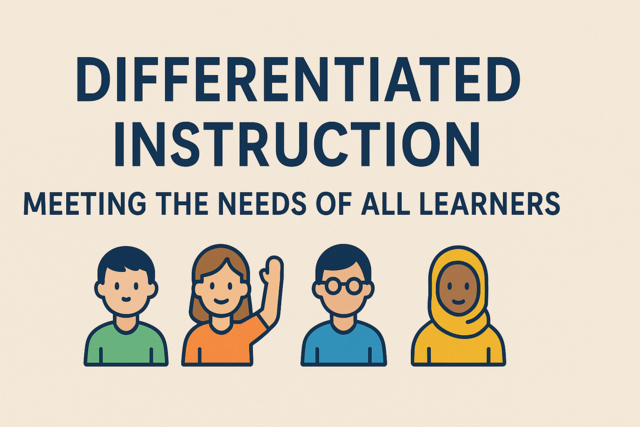 3 hours
0.3 CEUs
Differentiated Instruction: Meeting the Needs of All Learners
+ More Info
3 hours
0.3 CEUs
Differentiated Instruction: Meeting the Needs of All Learners
+ More Info
-
 6 hours
0.6 CEUs
Timeless Aesthetics: Navigating Luxury Brand Evolution
+ More Info
6 hours
0.6 CEUs
Timeless Aesthetics: Navigating Luxury Brand Evolution
+ More Info
-
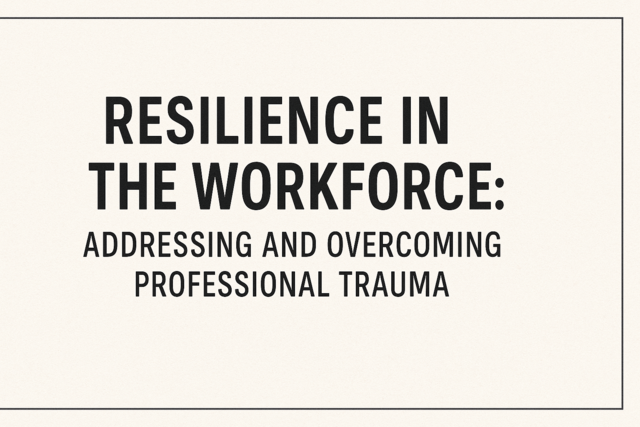 4 hours
0.4 CEUs
Resilience in the Workforce: Addressing and Overcoming Professional Trauma
+ More Info
4 hours
0.4 CEUs
Resilience in the Workforce: Addressing and Overcoming Professional Trauma
+ More Info
-
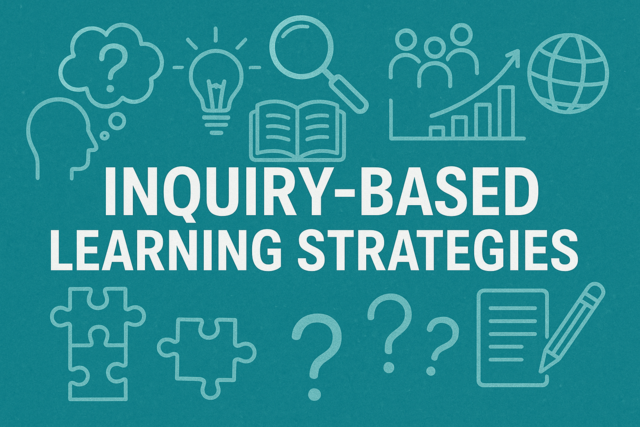 5 hours
0.5 CEUs
Inquiry-Based Learning Strategies
+ More Info
5 hours
0.5 CEUs
Inquiry-Based Learning Strategies
+ More Info
-
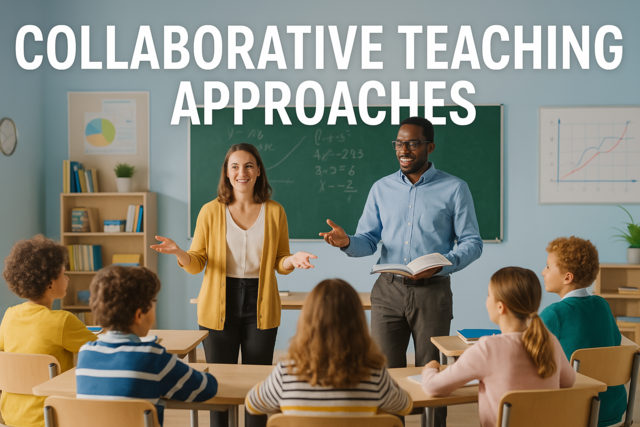 3 hours
0.3 CEUs
Collaborative Teaching Approaches
+ More Info
3 hours
0.3 CEUs
Collaborative Teaching Approaches
+ More Info
-
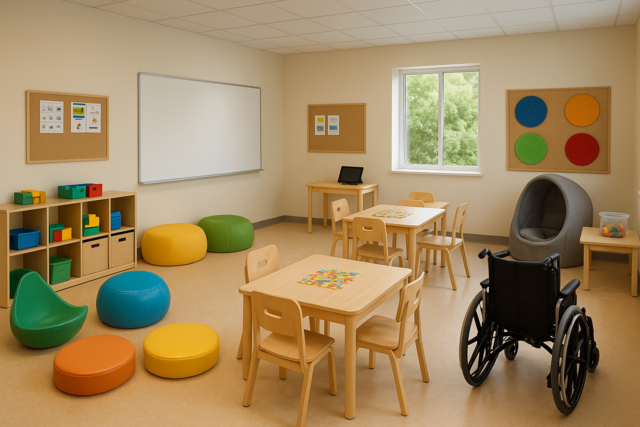 7 hours
0.7 CEUs
Classroom Design and Environment for Special Needs Students
+ More Info
7 hours
0.7 CEUs
Classroom Design and Environment for Special Needs Students
+ More Info
-
 4 hours
0.4 CEUs
Breathwork for Emotional Balance
+ More Info
4 hours
0.4 CEUs
Breathwork for Emotional Balance
+ More Info
-
 6 hours
0.6 CEUs
Spirit World: Communicating Beyond the Veil
+ More Info
6 hours
0.6 CEUs
Spirit World: Communicating Beyond the Veil
+ More Info
-
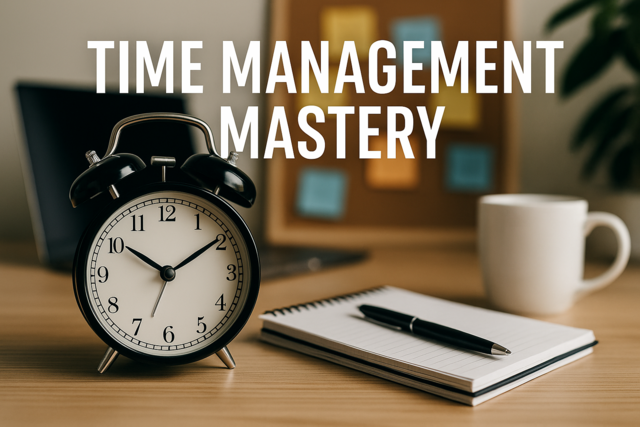 4 hours
0.4 CEUs
Time Management Mastery
+ More Info
4 hours
0.4 CEUs
Time Management Mastery
+ More Info
-
 5 hours
0.5 CEUs
Personal Hygiene and Grooming Essentials
+ More Info
5 hours
0.5 CEUs
Personal Hygiene and Grooming Essentials
+ More Info
-
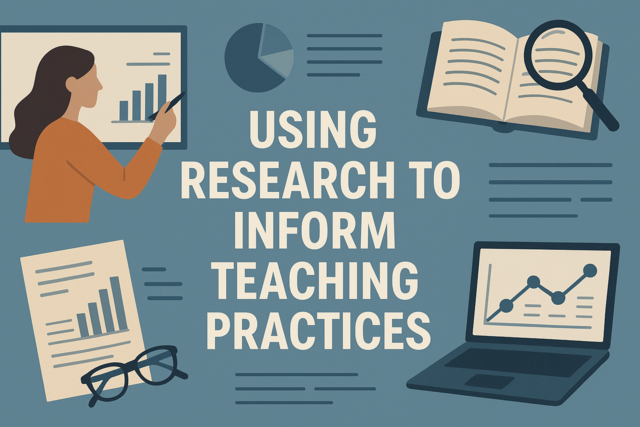 5 hours
0.5 CEUs
Using Research to Inform Teaching Practices
+ More Info
5 hours
0.5 CEUs
Using Research to Inform Teaching Practices
+ More Info
-
 3 hours
0.3 CEUs
Career Planning and Development
+ More Info
3 hours
0.3 CEUs
Career Planning and Development
+ More Info
-
 6 hours
0.6 CEUs
The Art of Emotional Intelligence: Building Stronger Connections
+ More Info
6 hours
0.6 CEUs
The Art of Emotional Intelligence: Building Stronger Connections
+ More Info
-
 7 hours
0.7 CEUs
Civic Education and Engagement
+ More Info
7 hours
0.7 CEUs
Civic Education and Engagement
+ More Info
-
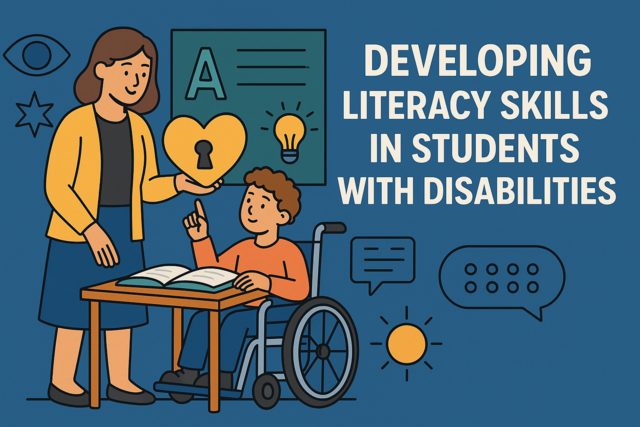 5 hours
0.5 CEUs
Developing Literacy Skills in Students with Disabilities
+ More Info
5 hours
0.5 CEUs
Developing Literacy Skills in Students with Disabilities
+ More Info
-
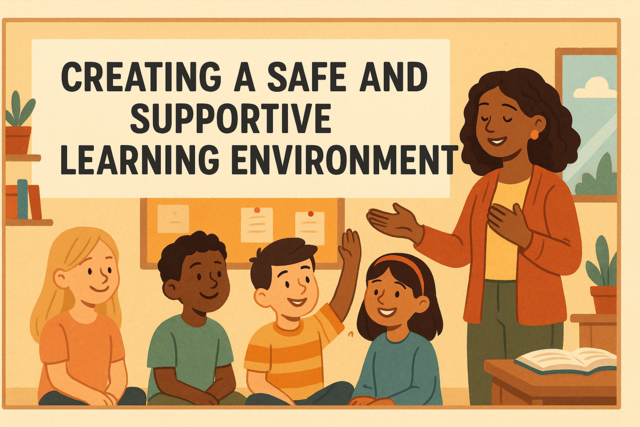 5 hours
0.5 CEUs
Creating a Safe and Supportive Learning Environment
+ More Info
5 hours
0.5 CEUs
Creating a Safe and Supportive Learning Environment
+ More Info
-
 4 hours
0.4 CEUs
The Giving Relationship: Balancing Support and Independence
+ More Info
4 hours
0.4 CEUs
The Giving Relationship: Balancing Support and Independence
+ More Info
-
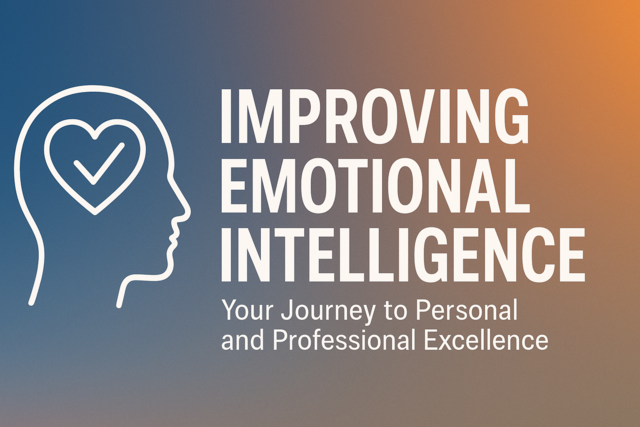 6 hours
0.6 CEUs
Improving Emotional Intelligence
+ More Info
6 hours
0.6 CEUs
Improving Emotional Intelligence
+ More Info
-
 7 hours
0.7 CEUs
Guided Meditation Practices
+ More Info
7 hours
0.7 CEUs
Guided Meditation Practices
+ More Info
-
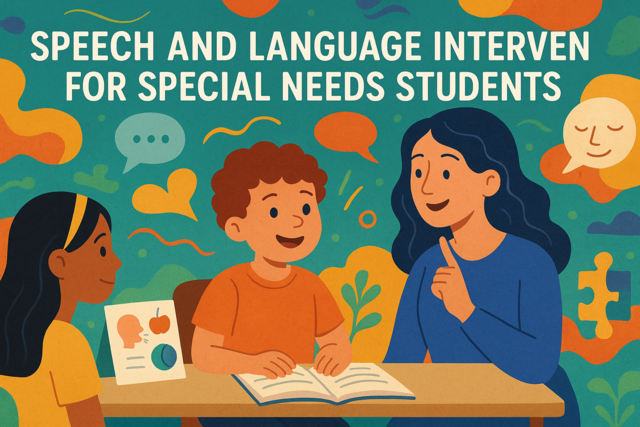 7 hours
0.7 CEUs
Speech and Language Interventions for Special Needs Students
+ More Info
7 hours
0.7 CEUs
Speech and Language Interventions for Special Needs Students
+ More Info


